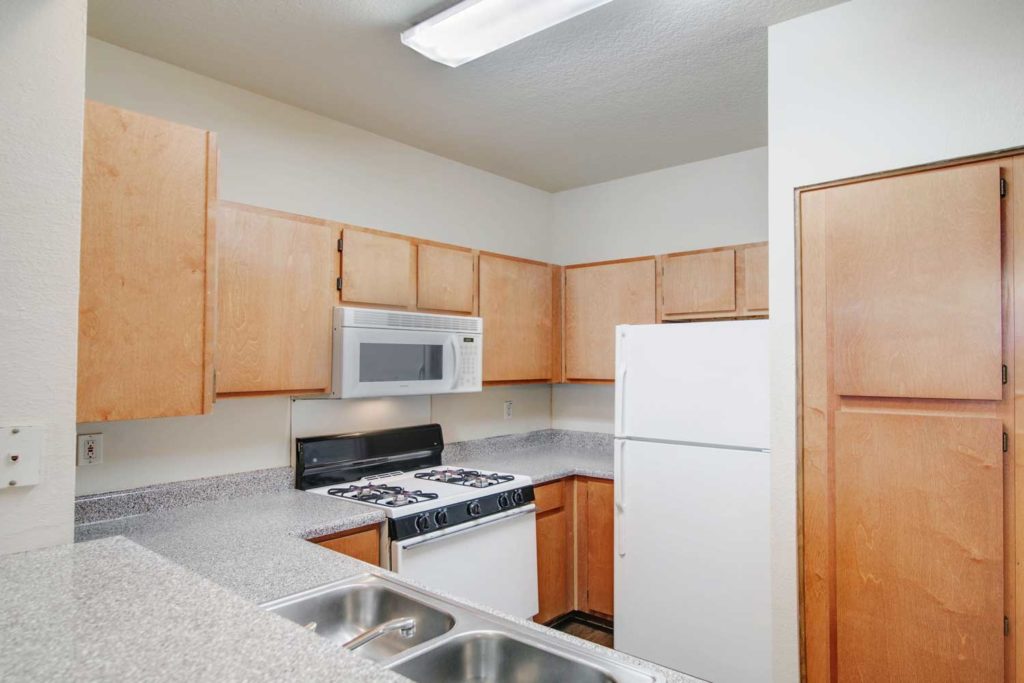Amenities
Modern Community Amenities

Come Home to Comfort and Convenience
At HRI-Victory Apartments, we have created a community that is focused on meeting your needs. Our convenient community features such as on-site parking, laundry facility, and round-the-clock emergency maintenance will put your mind at ease. We’re here to help! A friendly and professional management team is always available to assist you and ensure your living experience is as comfortable as possible.
- Clubhouse
- Playground
- Laundry Facility
- 24-Hour Maintenance
- Professional Management
- On-Site Parking
- Highly Walkable Neighborhood
- Nearby Public Transportation
A Place You'll be Proud to Call Home
HRI-Victory Apartments offer a variety of spacious homes, with classically styled exteriors and comfortably modern interior designs. Step inside your new home to find all of the features you’ve been searching for, along with a few extras.
Our large floor plans feature kitchens with full appliance packages, washer/dryer connections, and unique layouts. Select units offer oversized walk-in closets and private patios and balconies.
You will love the look and feel of your new space when you come home to HRI-Victory Apartments!

- Air Conditioning
- Ceiling Fans
- Mini-Blinds
- Wheelchair Accessible Rooms*
- Dishwasher
- Garbage Disposal
- Frost-Free Refrigerator
- Stove
- Built-In Microwave
- Washer/Dryer Connections
- Walk-In Closets*
- Patios/Balconies*
- Smoke Free
* in select units

Pets are Welcome
At HRI-Victory Apartments, we know that your pets are a part of your family. That’s why we welcome your furry, four-legged friends with open arms. Enjoy taking walks around the community green spaces, or stretch your legs at one of the many nearby parks and walking trails. Your pets will love it here as much as you will!
Pet Policy
Cats and Dogs Allowed (1 Pet Maximum)
Pet Deposit and Other Charges – A non-refundable pet fee in the amount of $100 per bedroom will be charged. There is no pet deposit charge for a service/companion animal. There is no monthly charge for a pet.
Animals – A maximum of ONE (1) pet(s) per apartment is permitted. Dogs whose breed or dominant breed weight exceeds 35 pounds and no more than 18” height at shoulder at maturity are not accepted. The following breeds or partial breeds are not permitted: Rottweiler’s, pit bulls, akitas, Dobermans, chows, German shepherds, and Australian shepherds. Exotic animals and reptiles are not accepted. Additional restrictions may apply in accordance with the HHA Pet Policy available for review at the Rental Office. In addition, every resident is required to sign the Pet Policy, even if they do not have a pet at time of admission.
Specific animal, breed, number, weight restrictions, pet rules, and pet deposits will not apply to households having a qualified service/assistance animal(s). All animals must be photographed by management before approval and must provide current vaccination records. All cats and dogs should be verified by a veterinarian to be spayed or neutered (at cost to owner).
Assistance Animal – Certain animals provide assistance or perform tasks for the benefit of a person with a disability. Such animals are often referred to as “service animals,” “assistance animals,” “support animals,” “therapy animals,” “companion animals,” or “emotional support animals”. The use of assistive animals is allowed as a reasonable accommodation. Under both the Fair Housing Act and Section 504, in order for a requested accommodation to qualify as a reasonable accommodation, the requester must (1) have a disability, and (2) the accommodation must be necessary to afford a person with a disability an equal opportunity to use and enjoy a dwelling. To show that a requested accommodation may be necessary, there must be an identifiable relationship, or nexus, between the requested accommodation and the person’s disability. In the case of assistance/service animals, an individual with a disability must demonstrate a nexus between his or her disability and the function the service animal provides. The Property will verify the existence of the disability, and the need for the accommodation—if either is not readily apparent. Persons who are seeking a reasonable accommodation for an emotional support animal may be required to provide documentation from a physician, psychiatrist, social worker, or other mental health professional that the animal provides support that alleviates at least one of the identified symptoms or effects of the existing disability. In accordance with HUD Final Rule (73 F.R. 63834) and 24 CFR part 5, subpart C, a reasonable accommodation may be denied under the following circumstances: (1) pose a direct threat to the health or safety of others (2) result in substantial physical damage to the property of others unless the threat can be eliminated or significantly reduced by a reasonable accommodation (3) pose an undue financial and administrative burden; or (4) fundamentally alter the nature of the Property’s operations. The Property may exclude an assistance animal when that animal’s behavior poses a direct threat and its owner takes no effective action to control the animal’s behavior so that the threat is mitigated or eliminated. The determination of whether an assistance animal poses a direct threat will be based on an individualized assessment that is based on objective evidence about the specific animal in question, such as the animal’s current conduct or a recent history of overt acts. The assessment will consider the nature, duration, and severity of the risk of injury; the probability that the potential injury will actually occur; and whether reasonable modifications of rules, policies, practices, procedures, or services will reduce the (Den\Forms\Criteria–HRI-Victory–effective 10.01.20) Page 4 of 16 risk. In evaluating a recent history of overt acts, the Property shall take into account whether the assistance animal’s owner has taken any action that has reduced or eliminated the risk. (Ex: obtaining specific training, medication, or equipment for the animal) This direct threat provision of the Fair Housing Act requires the existence of a significant risk—not a remote or speculative risk. Accordingly, the determination will not be the result of fear or speculation about the types of harm or damage an animal may cause, or evidence about harm or damage caused by other animals. The HUD Final Rule requires a person with a disability who uses an assistance animal to be responsible for the animal’s care, maintenance, and control. This includes picking up and disposing of his or her assistance animal’s waste.

